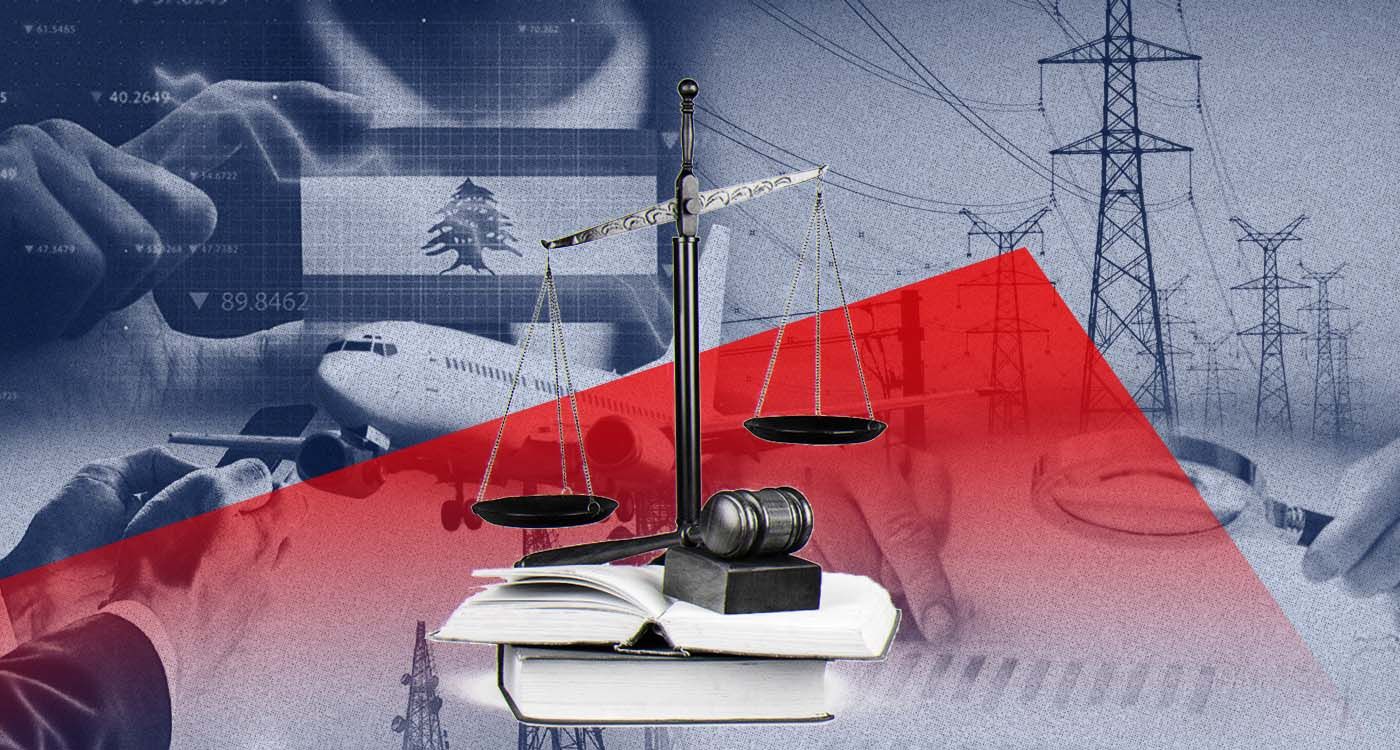
Little known to general public, regulatory authorities play a crucial role in the functioning of the state. In Lebanon, their creation is mandated by various laws and included in official commitments, yet their implementation remains inconsistent. What exactly are these bodies? How do they work? And why are some struggling to get off the ground?
For weeks now, regulatory authorities have been at the center of Lebanon’s political debate. The government has begun delivering its ministerial statement commitment to establish regulatory bodies for key sectors and strengthen oversight institutions.
Officials have been appointed to head medical cannabis and civil aviation authorities. However, the formation of regulatory bodies for telecommunications and energy has been delayed once again, despite mounting pressure from international donors who are tying financial aid to the establishment of transparent governance mechanisms.
What exactly are these bodies? What is their role? And why is their work blocked so often?
What Is a Regulatory Authority?
A regulatory authority is a public body, often independent, tasked with supervising a specific sector. Its role is to enforce laws, ensure market transparency, protect consumers and guarantee proper functioning of services.
In practice, it sets a clear regulatory framework, issues licenses, monitors service quality and can intervene in cases of abuse or market imbalance. It is also responsible for encouraging competition, when possible, and ensuring that tariffs remain fair and justified.
The overarching mission of regulatory authorities is to bring greater transparency and efficiency to the management of key public sectors. Their establishment and effective operation have now become prerequisites demanded by Lebanon’s international partners.
Regulatory Authorities in Lebanon Are Often Paralyzed
Several regulatory bodies have been created in Lebanon through legislation, but few are fully operational.
Telecommunications Regulatory Authority (TRA): Established under Law 431/2002, it was meant to be a cornerstone of sector reform. Yet, it has never been properly implemented due to persistent political disputes over appointments.
Electricity Regulatory Authority: Created under Law 462/2002, it has been partially revived under international pressure but remains limited in its capacity to act.
Civil Aviation Authority: Formed under Law 481/2002, it remained inactive for years because of political disagreements over its establishment, structure and resistance from the Ministry of Public Works and Transport to relinquish certain powers.
Medical Cannabis Regulatory Authority: Established by Law 178/2020, it remained dormant for several years due to a lack of political will and strict control by political parties over decision-making centers.
Thus, despite legislative texts and government commitments, these institutions remain crippled by political deadlock, ministerial power struggles and an administrative culture deeply shaped by sectarian power-sharing.




Comments